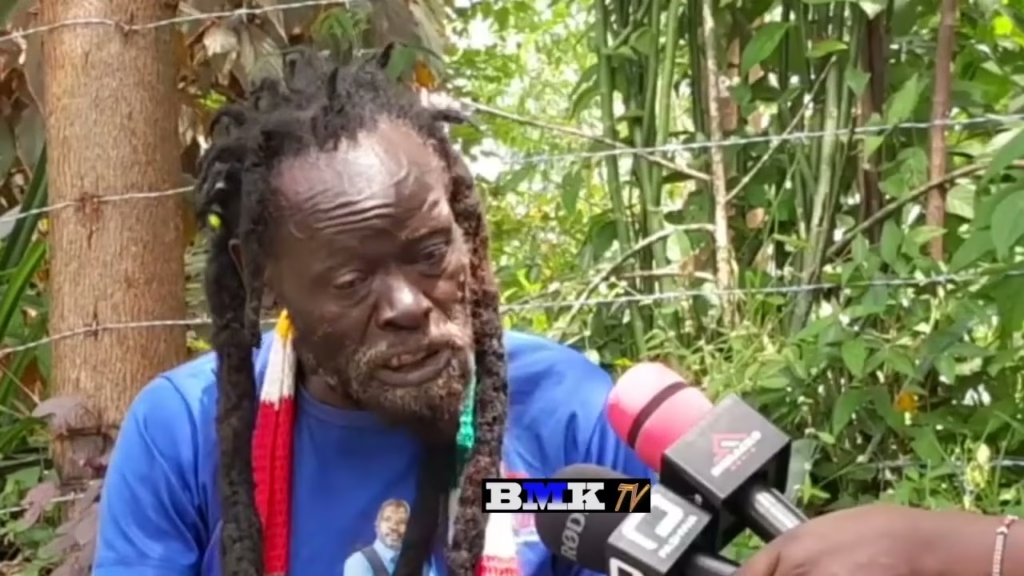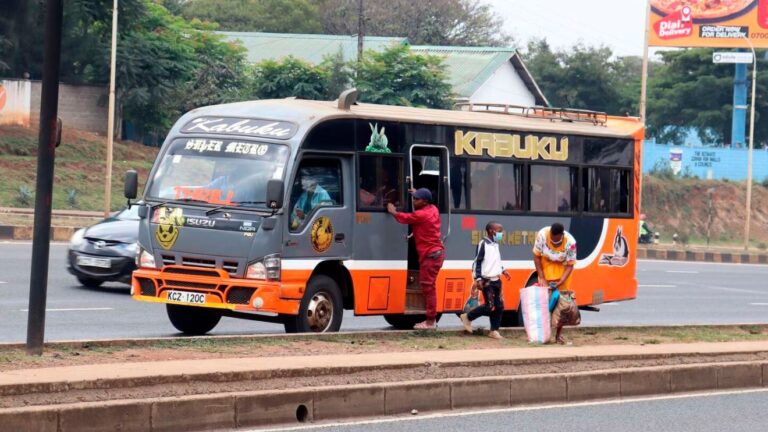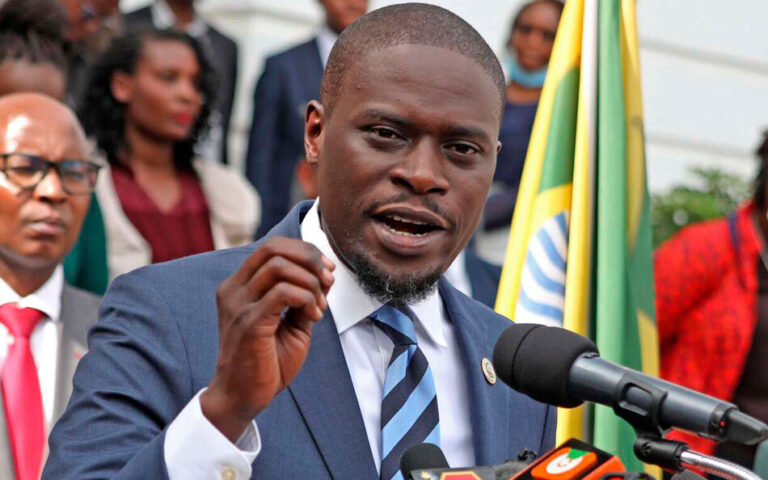
In a story that has stirred nationwide conversation and laughter in equal measure, a man from Kakamega identifying himself as “Mungu wa Kakamega” (God of Kakamega) has publicly demanded state-funded security, claiming his divine status warrants the same protection afforded to top government officials.
The self-proclaimed deity insists he is not just a spiritual leader but the true God Almighty, the creator of heaven and earth. In a now-viral interview, he lamented his lack of bodyguards and expressed fear for his safety, calling on the Kenyan government to provide him with an official security detail.
“I am God. I deserve protection. Even government leaders have guards. Why not me?” he commented.
Mungu wa Kakamega, who references the late and equally controversial figure Jehovah Wanyonyi, has ignited widespread curiosity and amusement across social media platforms. Many Kenyans recall the original Jehovah Wanyonyi, who also claimed divine status and had a modest following before his passing in 2015. His spiritual successor seems determined to revive the legacy, with a stronger demand for state recognition.
The man claims to be living under constant threat from locals and other unnamed enemies, which he argues justifies his need for security services, similar to those provided to political leaders and dignitaries.
Kenyans have reacted with typical a mix of humor, mockery, and in some corners, genuine concern. Memes, video and edits, began trending shortly after his interview was shared online. Still, some netizens and community leaders have urged the public to approach the situation with compassion, suggesting that mental health could be a factor behind the grandiose claim
The case brings to light Kenya’s complex relationship with religion, mental health, and governance. While freedom of expression and belief is protected under the Constitution, the demand for government resources, particularly under such unusual pretenses, raises legal and ethical questions.
Should a self-proclaimed god receive the same treatment as elected officials? Legal experts argue that while every citizen has a right to security, it must be balanced against rational allocation of resources and the legitimacy of such requests.
Whether this is a publicity stunt, a genuine belief, or a cry for help, the story of Kakamega’s self-styled deity exposes underlying societal issues of rural insecurity, underfunded mental health services and sensationalism of modern media.
In the meantime, God of Kakamega remains without bodyguards, but certainly not without attention.

